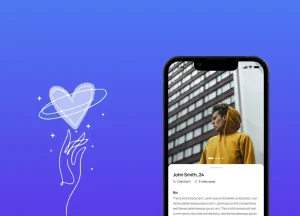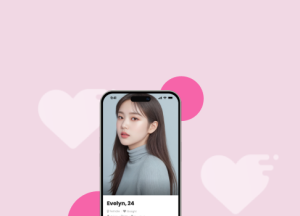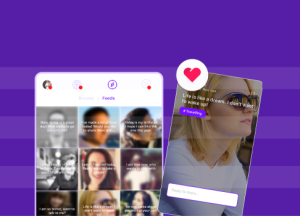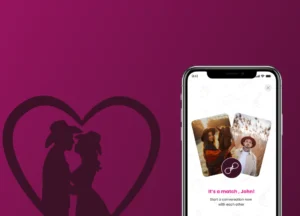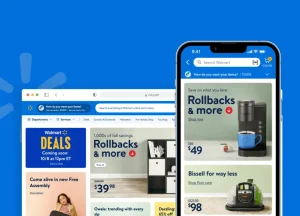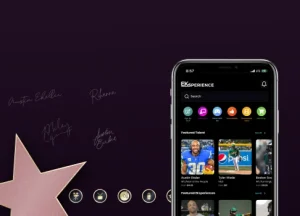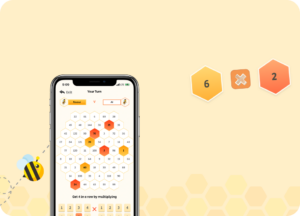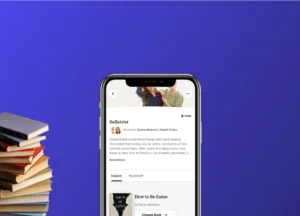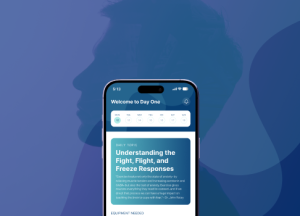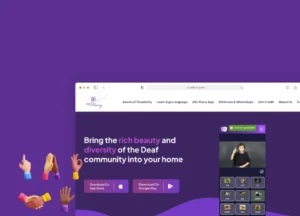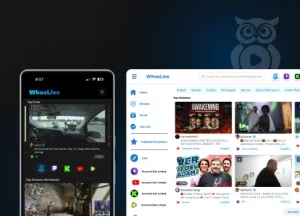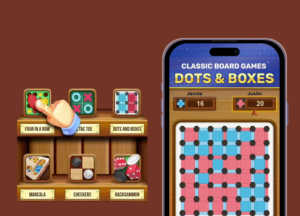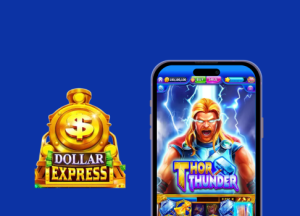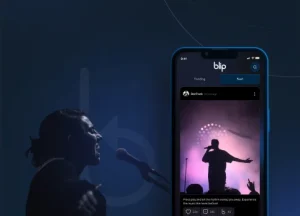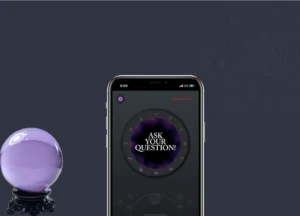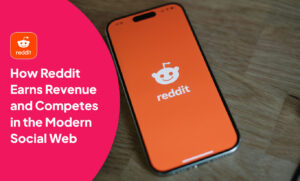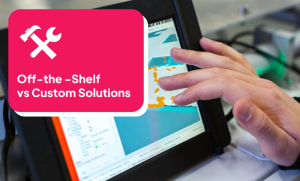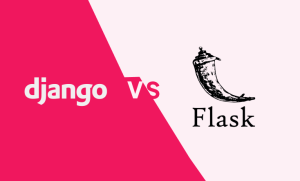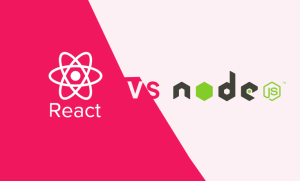If WhatsApp no longer fits your messaging needs, don’t worry—there are plenty of alternatives that offer stronger privacy, unique features, and business-friendly tools. Whether you prioritize security, large group chats, or seamless video calling, these apps provide excellent alternatives in 2025.
1. Signal – The Privacy Powerhouse

If privacy is your top priority, Signal is the gold standard. With end-to-end encryption on all messages, calls, and media, this open-source app ensures your data remains secure. Signal collects zero metadata, meaning your conversations stay private.
It’s free, user-friendly, and widely regarded as the most secure messaging app available. Additionally, Signal offers disappearing messages and encrypted group calls, making it a top choice for those who prioritize discretion.
✔️ Best for: Privacy-conscious users and journalists.
✔️ Standout feature: No data tracking or ads—just pure encrypted messaging.
✔️ Bonus: Self-destructing messages and encrypted group chats add extra layers of security.
2. Telegram – Feature-Packed Messaging

For those who love customization and large communities, Telegram is a top contender. It offers cloud-based messaging, allowing access from multiple devices without taking up storage. With group chats supporting up to 200,000 members, bots, cross-patform presence, and self-destructing messages, Telegram is ideal for both personal and business use. It also supports secret chats with encryption and an open API for developers to create custom bots and automation tools.
✔️ Best for: Users who need flexibility and large group chats.
✔️ Standout feature: Highly customizable, with extensive bot integrations.
✔️ Bonus: Supports media files up to 2GB in size, making it great for file sharing.
3. Threema – Security Without Phone Numbers

Want messaging without linking your phone number? Threema lets you chat anonymously. This Switzerland-based app provides end-to-end encryption, ensuring that not even Threema can read your messages.
It doesn’t collect metadata and gives you complete control over your privacy settings. Threema is a paid app, ensuring that it remains independent from advertisers or investors who might compromise security.
✔️ Best for: Privacy advocates who prefer anonymity.
✔️ Standout feature: Secure messaging without requiring a phone number.
✔️ Bonus: Decentralized server architecture prevents mass surveillance.
4. Wire – Enterprise-Grade Security

Wire is a sleek messaging app designed for both personal and business use. It offers end-to-end encryption and multi-device (both Android & iOS) synchronization, making it great for professionals who need secure communication.
It also supports self-destructing messages and guest room chats, perfect for confidential conversations. Additionally, Wire provides encrypted file sharing, making it a valuable tool for teams handling sensitive documents.
✔️ Best for: Business professionals and remote teams.
✔️ Standout feature: Secure corporate messaging with guest access.
✔️ Bonus: Complies with GDPR and other strict privacy regulations.
5. Viber – Best for International Calls

If you need an app for chatting and making international calls, Viber is a solid choice. It features end-to-end encrypted messaging, group chats, and Viber Out, allowing affordable calls to landlines and mobiles worldwide. It also includes fun sticker packs and interactive chat features. The app also supports hidden chats, letting users store messages in a secure section of the app.
✔️ Best for: Users who need cheap international calls.
✔️ Standout feature: High-quality VoIP calls with encryption.
✔️ Bonus: Customizable stickers and GIFs make conversations more fun.
6. Discord – The Community-Focused Messenger

Originally built for gamers, Discord has evolved into a versatile platform for communities, work teams, and social groups. It supports voice channels, screen sharing, and bot integrations, making it great for interactive messaging experiences. Additionally, it has low-latency voice chat, making it a favorite for those who need high-quality calls.
✔️ Best for: Community engagement and team collaboration.
✔️ Standout feature: Customizable servers with rich media options.
✔️ Bonus: Nitro subscription offers HD streaming and enhanced file sharing.
7. Kik – Chat Without a Phone Number

Looking for an app that lets you chat without needing a phone number? Kik is one of the few messaging apps that lets you create an account using just an email. It’s great for anonymous chatting, group conversations, and integrating with chatbots. Kik also offers public group chats, making it ideal for users who enjoy discussing topics with like-minded people.
✔️ Best for: Users who prefer anonymity.
✔️ Standout feature: No phone number required for sign-up.
✔️ Bonus: Public group chats and chatbot integrations enhance social engagement.
8. Skype – The Video Calling Veteran

For those who rely on video and voice calls, Skype remains a strong alternative. It offers free HD video calling, group chats, and affordable international calls. Skype integrates with Microsoft Office, making it great for professionals and businesses. Additionally, it offers real-time translation features, allowing global communication without language barriers.
✔️ Best for: Work meetings and international calling.
✔️ Standout feature: Excellent video conferencing features.
✔️ Bonus: Real-time voice and text translation for seamless global communication.
9. WeChat – The All-in-One Super App

WeChat isn’t just a messaging app—it’s a social network, payment platform, and news hub rolled into one. Popular in China and beyond, WeChat offers secure messaging, mobile payments, and business features worldwide. The app also features WeChat Mini Programs, allowing users to access a variety of services without leaving the app.
✔️ Best for: Users looking for an all-in-one lifestyle app.
✔️ Standout feature: Messaging, social media, and payments in one platform.
✔️ Bonus: WeChat Pay allows for seamless mobile transactions worldwide.
10. Element – The Decentralized Choice

For those who want complete control over their data, Element (built on the Matrix protocol) is a standout choice. It’s a decentralized messaging app, meaning no central company controls your data. Element provides encrypted messaging, video conferencing, and integration with other services. It’s ideal for teams that want secure, open-source collaboration.
✔️ Best for: Privacy-conscious users and tech enthusiasts.
✔️ Standout feature: Decentralized and open-source communication.
✔️ Bonus: Self-hosted servers allow for ultimate control over data security.
Which WhatsApp Alternative is Right for You?

The best alternative to WhatsApp depends on what you need:
- For privacy and security: Signal, Threema, Wire, Element.
- For customization and group chats: Telegram, Discord, Viber.
- For video calls and professional use: Skype, Microsoft Teams.
- For anonymity: Kik, Threema.
- For an all-in-one experience: WeChat.
With data security and user control becoming bigger concerns in 2025, now is the perfect time to explore which messaging app best suits your needs.
